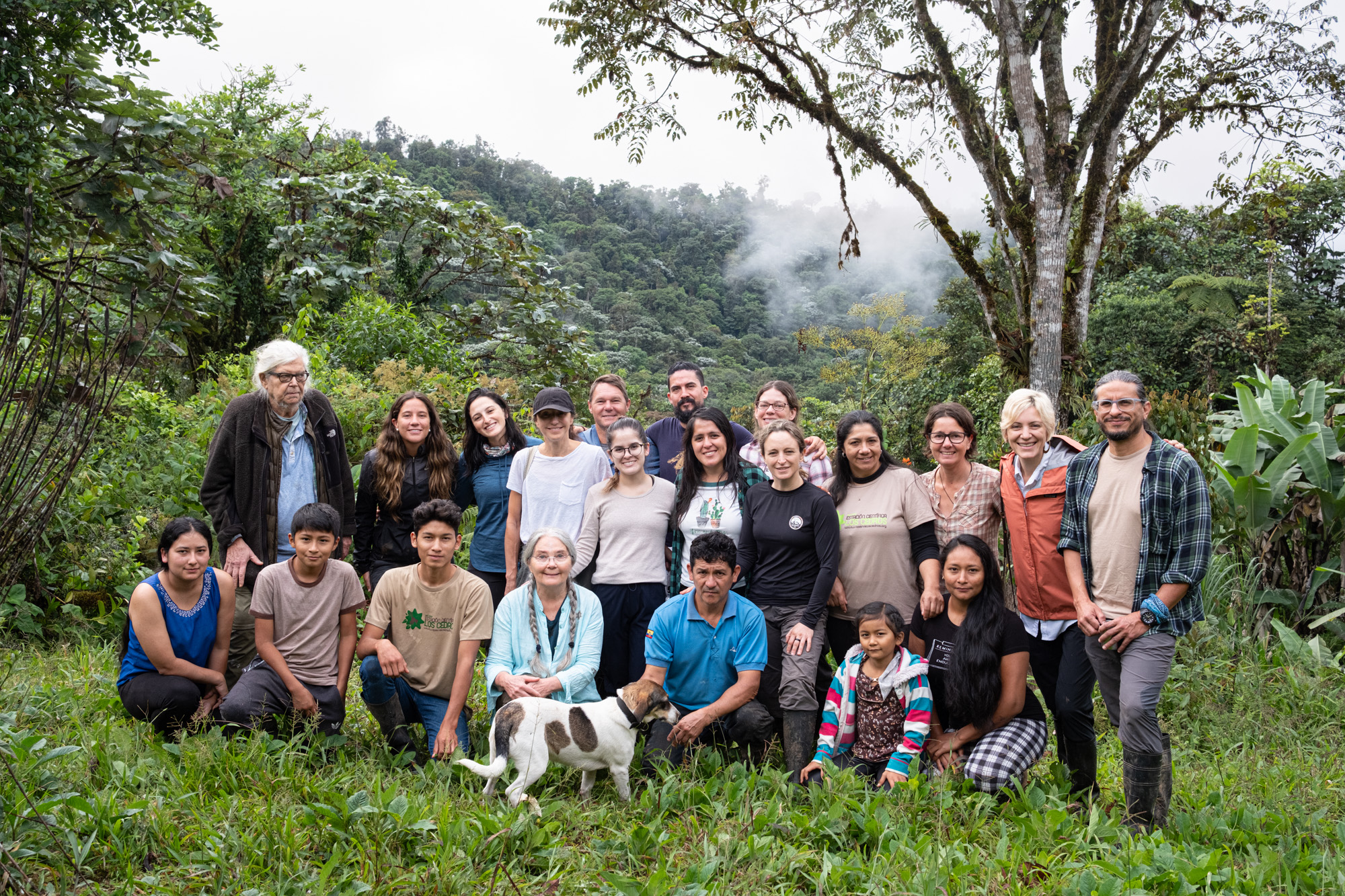Verdict of the Rights of Nature Ethics Tribunal, Yasuni Case
August 15, 2014
Preamble
Whereas the rights of the Earth are recognized by the Ecuadorian Constitution and internationally; whereas Mother Earth must be protected by her children; whereas we are a part of Nature, we are Nature; whereas the non-contacted people must be respected by the Ecuadorian, the Colombian, and all international governments, for they have the collective right to life; whereas the Earth belongs to no one but we belong to the Earth, therefore, we have reached the following verdict: The Special Court for Yasuní, established by the Rights of Nature Ethics Tribunal, met Friday, August 15th, 2014, one year after the declaration of the President of Ecuador to make way for the exploitation of the ITT block in the Yasuni National Park, hence ending the Yasuní-ITT Initiative. This Special Chamber met, following the provisions of the Court established in Quito on January 17th, 2014, chaired by Vandana Shiva, and the Special Chamber of the Court for the Yasuní case convened on April 11th, 2014, chaired by Boaventura de Sousa Santos, who ordered the creation of a special Committee to permanently monitor the implementation of the judgment. The Special Tribunal’s Chamber for Yasuní, convened on Friday August 15th was chaired by George Caffentzis from USA, and was formed by the following international judges: Terisa Turner from Canada; Clemente Bautista from the Philippines; and Lorenzo Muelas from the Pueblo Misak of Colombia. On behalf of Ecuador were: Alberto Acosta; Blanca Chancoso; Julio Cesar Trujillo; Elsie Monge and María Paula Romo. The Prosecutor of the Tribunal, as on past occasions, was Santamaria Ramiro Avila. After four months since the last Tribunal’s Chamber, many events have happened, and therefore this hearing seeks to answer the question, What happened to the Yasuní and who is responsible for what happened? The Tribunal speaks on behalf and from the skin of the pink dolphins, the howler monkeys, from the skin of free peoples in voluntary isolation, from the shoes of Yasunidos, all, threatened by oil exploitation and destruction of life in Yasuni. The Tribunal speaks on behalf of all those who defend life and democracy.-
Violation of the Rights of Nature
-
Violation of the rights of peoples in voluntary isolation
-
Violation of the Right to effective judicial protection and legal certainty
-
Violation of the rights of political participation




